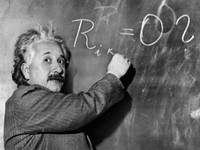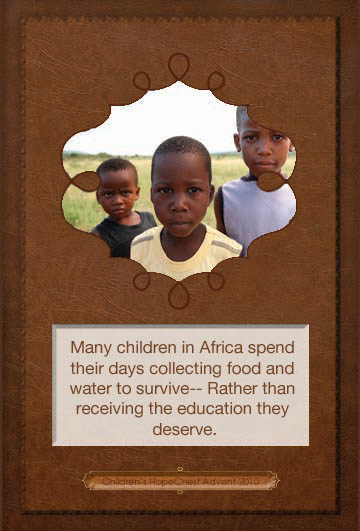What really makes Leadership work in our lives and in organizations? Not what we’ve believed for 2000 years says Margaret Wheatley, author of the book.
“For many years, I’ve been interested in seeing the world differently. I’ve wanted to see beyond the Western, mechanical view of the world and see what else might appear when the lens was changed. I’ve learned, just as Joel Barker predicted when he introduced us to paradigms years ago, that “problems that are impossible to solve with one paradigm may be easily solved with a different one.”
Wheatley believes our approach has been, well archaic, to say the least. We’ve been too hung up on Newtonian physics developed hundreds of years ago. This is a focus on “machine imagery” and “what we observe with our physical senses” it’s more about “the part than the whole.” (p. 10)
The New Science takes a different approach. The first is a “focus on holism. Systems are understood as whole systems and attention is given to relationships within that network.” (p. 10)
“In the quantum world, relationships is the key determiner of everything. Subatomic particles come into form and are observed only as they are in relationship to something else. They do not exist as independent things.” (p. 11)
Now, I am not a quantum physicist, but this was one of the most fascinating sentences in the book. Because it is how we operate. We have the flag of independence, and our own personal independence, around like it’s a badge of honor. We do this in our churches and in business. But according to Wheatley, we are not created to live that way – neither is the universe. In fact, this research makes it clear that we need each other in ways not previously known.
The fabric that holds the universe together are “unseen connections between what were previously thought to be separate entities – these are the fundamental ingredients of all creation.” (p. 11)
How does this affect our lives? In organizations you often hear things like, “What we use to do isn’t working anymore,” and “Our ideas how about how to solve problems don’t work.” Underlying this science the reality that everything is built on a system of order – everything, including chaos. “There is another important paradox in living systems. Each organism maintains a clear sense of its individual identity within a larger network of relationships that helps shape its identity.” (p. 20)
We work so hard on being an individual, setting our boundaries and living our lives disconnected. But this is the exact opposite of how we should be living. I need you more than I care to admit and you need me. What we learn over the next decades is that as we learn to actively “participate in a web of relationships,” we become more creative, more efficient, and we will be able to break through in new ares of scientific discovery the world has ever known.
It’s how the universe works, it only makes sense that this is how we ‘work’ too. So the next time your struggling in your relationships with others, let this be a reminder about how much you need those relationships. The more “connected” we are, the more life emerges out of our lives.

